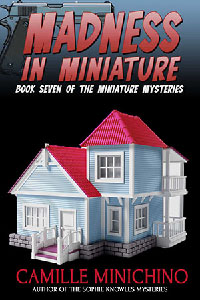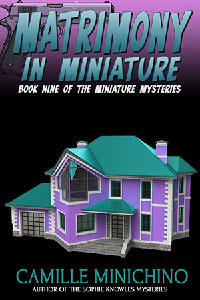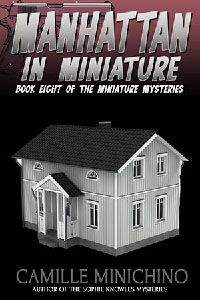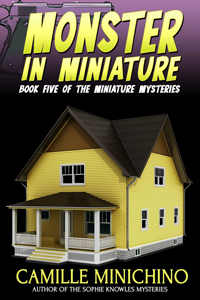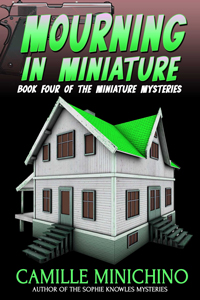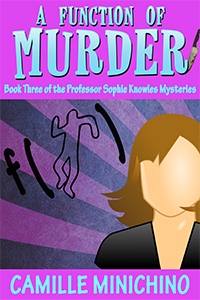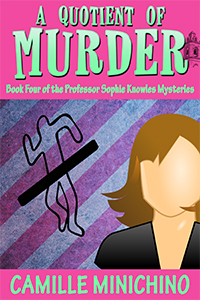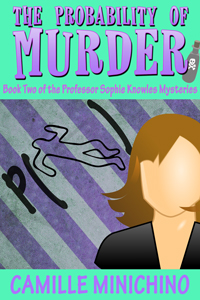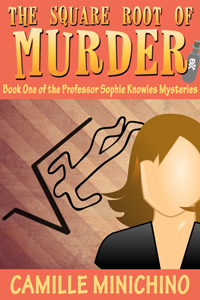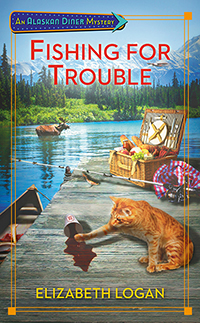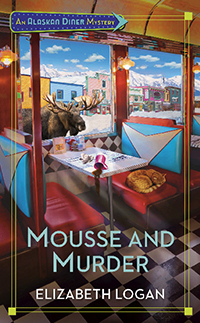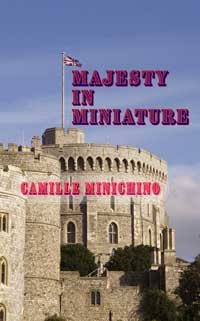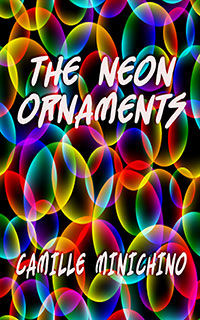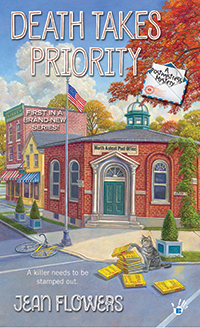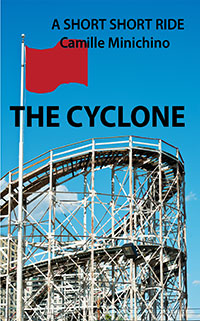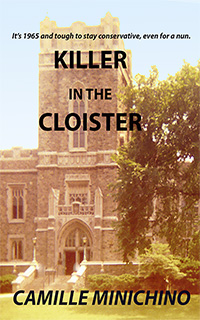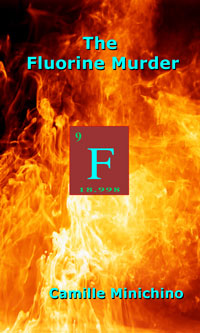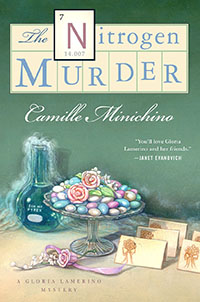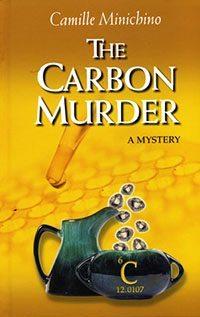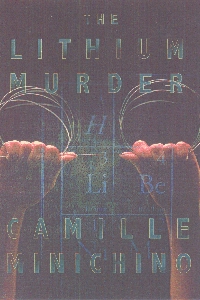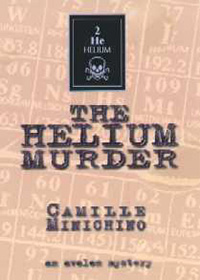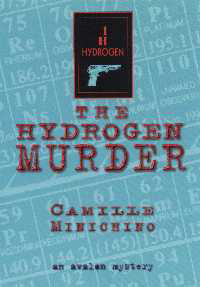Or so we were taught!
There’s a new movie out, Chappaquiddick. I don’t plan to see it, mostly because I prefer to hang on to whatever I think I know of the Kennedys. Reviews have called it out on historical facts, and also on the accents that are supposed to represent Boston.
So, it’s time to drag out my BostonSpeak piece.
I claimed Boston as my home for the first decades of my life. I was born in a suburb less than 8 miles away, went to college on the Fenway. Yes, THE Fenway—in certain classrooms on campus you could hear the crack of the bat. I also taught at that same college for many years. Is that enough Boston cred for you?
Besides hosting more than 53 institutions of higher learning, including MIT and Harvard, Boston has its own accent. Travel even 20 miles from Boston, and the accent is gone, indistinguishable from that of the network anchor in Grinnell, Iowa.
Everyone recognizes the accent; not everyone can imitate it. Even after many years in California, I can go back to it whenever I choose. Or, whenever I talk to my relatives and friends who still live there, says my husband.
“Hi, they-ah,” they say.
“Howahya?” I ask.
Even though I now speak like Californians, careful with my r’s, I’m very protective of Boston-speak.
One of my biggest pet peeves is when actors/actresses who are not natives try to take on the accent. It doesn’t work. Nothing can spoil a movie for me like a pretend Boston accent, which makes the actor sound like he’s rolling a hot potato around in his mouth. An old but good example is Rob Morrow in “Quiz Show.” In an attempt to sound out the broad a’s, his lips never met. Similarly, in “The Verdict,” set in Boston, no one got it right. Thank you, Paul Newman, for not trying. In newer movies, actors and their directors know enough not to try. They leave it to natives like Matt Damon and Ben Affleck.
JFK himself is often ridiculed for his accent. People laugh at his “Cuba(r) and Laos.” But Kennedy, and every other Bostonian, would pronounce Cuba as Cuba, unless the word is followed by another word that begins with a vowel. Thus:
“I went to Laos and Cuba,” but “I went to Cuba(r) and Laos.”
Similarly, a Bostonian would say “I obey the law,” but “I’m studying the law(r) of gravity.”
This is a common practice in many languages, where the letter used for the elision is actually written, as in Italian with e and ed, the words for and, depending on the first letter of the next word.
Back in the days of landlines, I called the San Jose Airport, seeking information (pre-Internet) about the layout of the airport before I drove there for a flight.
“Can you tell me where to park my car?” I asked. [“Pahk my cah.”]
“I’m sorry,” the clerk said. “We have no flights to Pakaka.”
At that moment I decided to learn to speak like a TV anchorwoman. Now, I do. Well, most of the time.
Both comments and pings are currently closed.
 Filed Under :
Filed Under :  Apr.12,2018
Apr.12,2018


